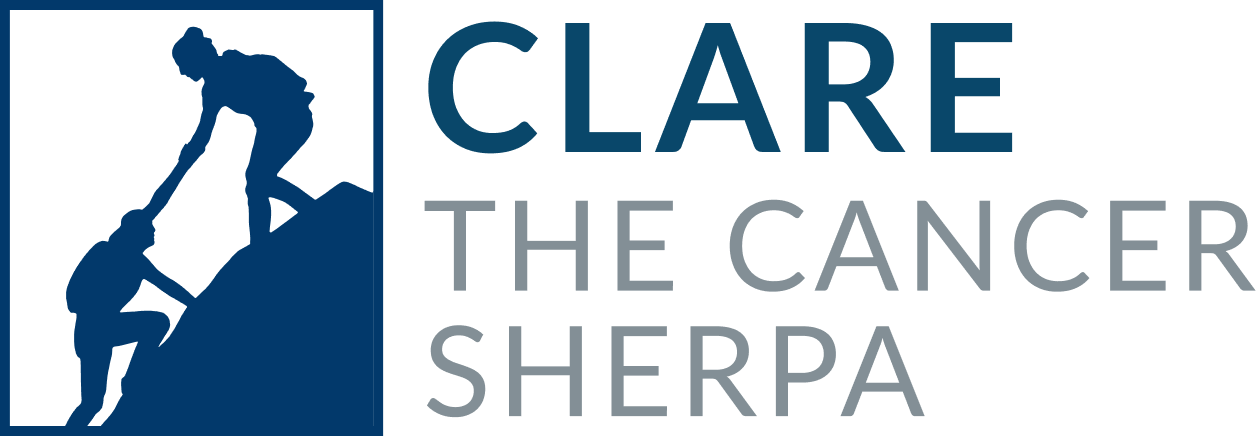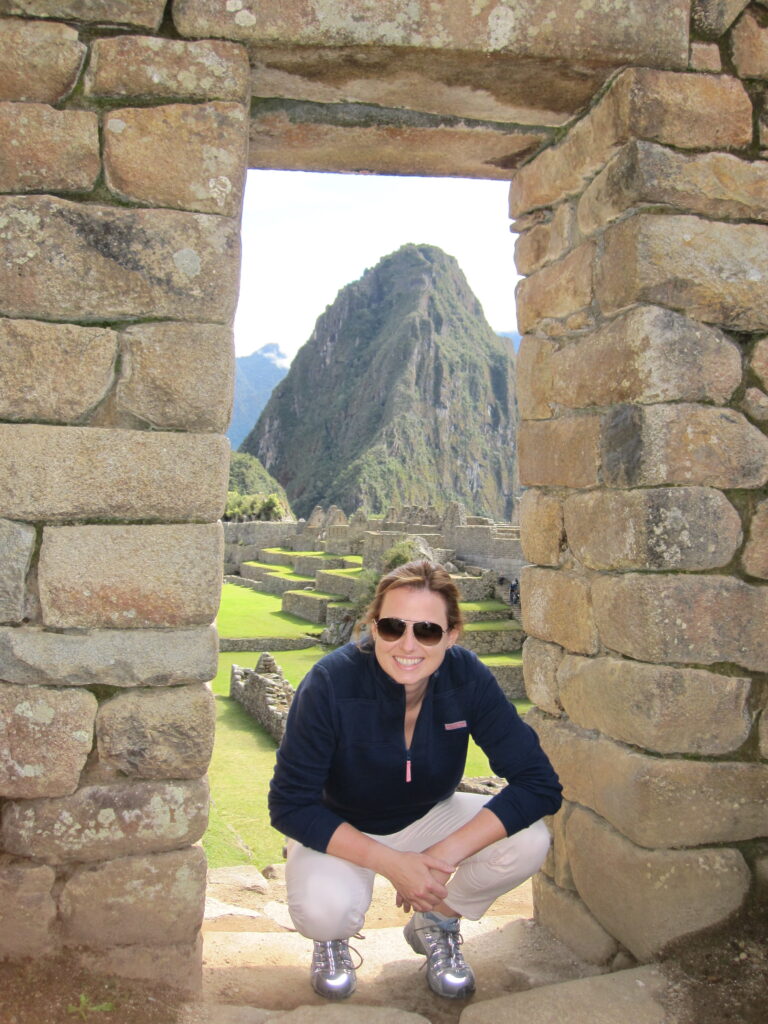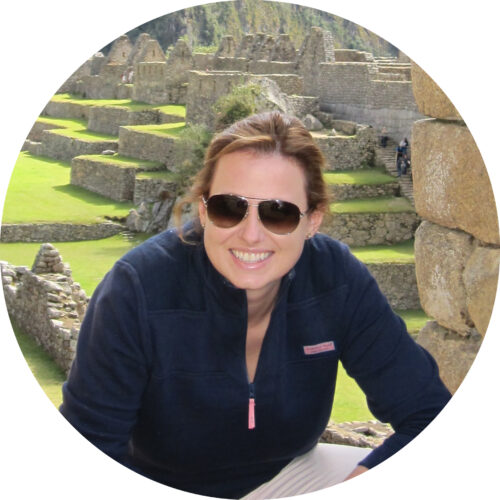I often get asked why I started Cancer Sherpa, and I laugh because I didn’t start Cancer Sherpa; you did. You, the fearful, frustrated, and fed-up cancer patients and caretakers, who didn’t know who to call, called me – I just picked up the phone.
My sophomore year at Duke, my roommate and I lived in 303 House B, where I could see Duke Hospital South from our window. In mid-second semester, I received an unexpected call on our dorm room landline. It was my classmate’s aunt. She had been diagnosed with cancer earlier that day and pleaded, “Jennifer said to call – you’d know what to do.” That day, not even five years cancer-free, but unwilling to let this woman down, I started Cancer Sherpa from my dorm room.
What I didn’t know when I made the choice, only a few years earlier, to be very open about my cancer diagnosis, treatment, and survivorship, is that I became a beacon for those who are still in their darkest days. In that moment, it didn’t matter that I was a nineteen year old college kid who happened to be friends with her niece, to that cancer patient I had been told the exact same three words, “You have cancer,” and I was here to talk to her, share what I had learned, and answer whatever questions I could.
I have received hundreds of calls, emails, and texts, like the one above, over the years, and ultimately incorporated Cancer Sherpa because I never wanted another cancer patient or caretaker to feel scared, lost, and alone. At my core, I want to do for others what my oncology team, family, friends, and fellow cancer patients did for me, help, even if that just means sitting beside you.
If you’re not sure where to start, regardless of where you are in your cancer journey, these are a few areas I can help you with:
1. Reminding you that you are not alone.
2. Learning the language of oncology so you can competently understand your diagnosis and prognosis, and evaluate your treatment options confidently.
3. A real-life POV on the steps you are going through or will need to take in today’s healthcare landscape.
4. Providing a continuity of care that our healthcare system no longer provides, as it has grown so large and unmanageable.
5. Creating a new “normal” that accommodates your treatment or survivor protocols with the part of your life before cancer, you want to practice and preserve.
I have enough fight for both of us, so you can concentrate on your treatment and survivorship, while I manage the coordination, logistics, and paperwork of your care. If you’re ready for support, reach out today—I’m here to help every step of the way.
Photo: Machu Picchu trip after treatment and survivorship setback


